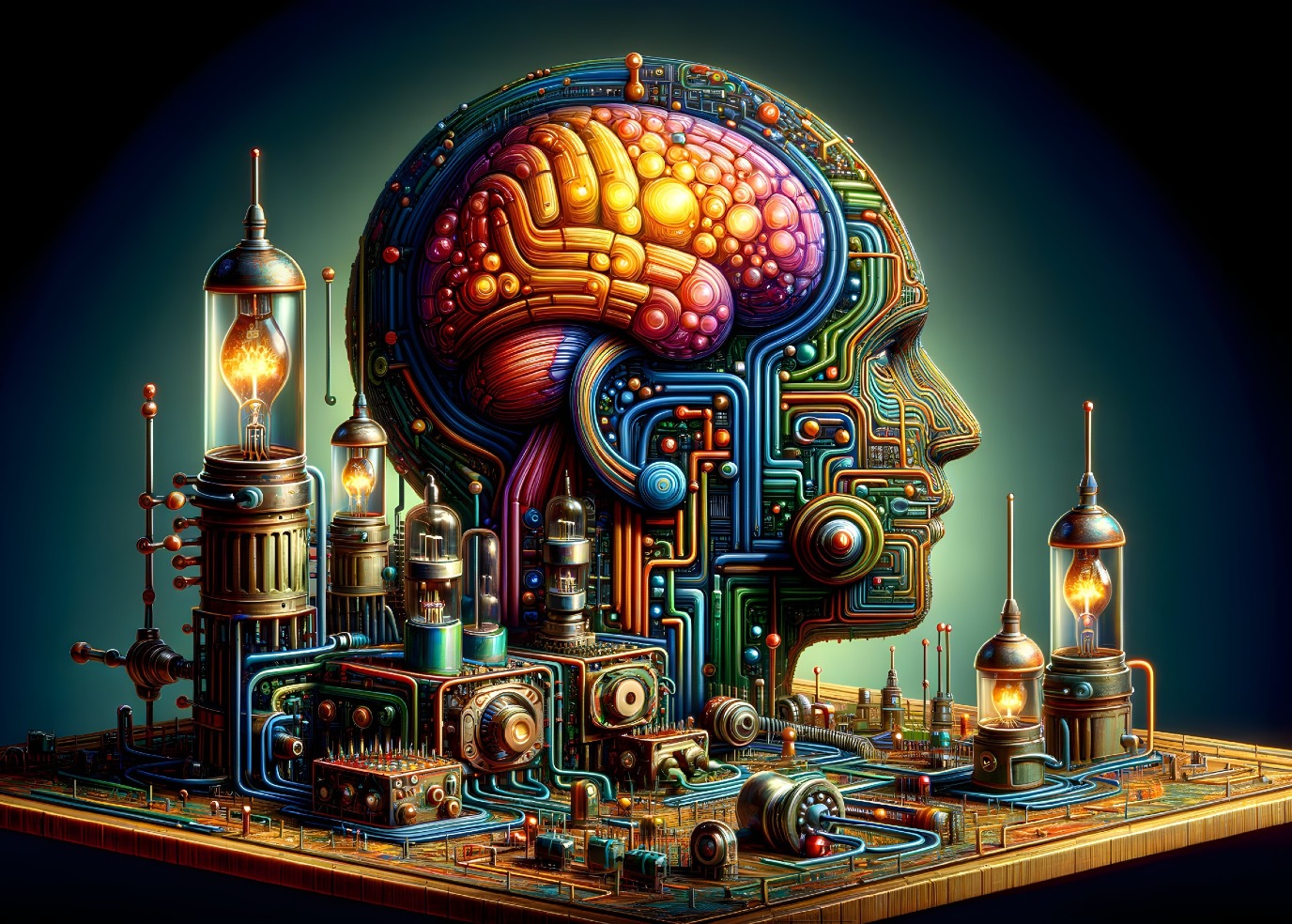Working on better AI (with a smaller budget than the US)

The US is going to invest a staggering amount of $500 billion in AI. New infrastructure will make it possible to run energy-intensive AI systems, and AI regulations will become more flexible. In contrast, researchers at the University of Groningen are working on future-proof computing: more energy-efficient hardware and responsible AI that can collaborate with humans.
FSE Science Newsroom | Charlotte Vlek
‘In Groningen, we believe that AI really has to improve,’ says professor Bart Verheij, who is in charge of shaping the so-called societal challenge: digitalisation within the Faculty of Science and Engineering. ‘AI is a wonderful technology, just think of the development of medical applications we are so skilled at in Groningen. But a lot can go wrong too. And it does, because we give AI far too much credit for its intelligence.’
That is why it is important to spend our time and money on the right issues, Verheij points out. For example, researchers at the UG are developing AI that does not make decisions on its own but can collaborate with humans and be adjusted. Another important thing is that AI learns to reason: with the current trend of machine learning algorithms, much of what AI does is based on large datasets, without any substantiation or argumentation. ‘What you see from ChatGPT, for instance, can seem very convincing,’ Verheij says, ‘but very often, it’s just plain nonsense.’
The most intelligent systems on earth can run on just a few peanut butter sandwiches a day
And what about the enormous infrastructure the US is going to build, with huge data centres powering all of this? It is important for AI to use less energy, Verheij states: ‘That should be possible, because the most intelligent systems on earth — us — can run on just a few peanut butter sandwiches a day.’ And that is why the Groningen Cognitive Systems and Materials Center (CogniGron) is working on developing new materials that will help AI do its work on much less energy.
See also:
More news
-
29 January 2026
Microplastic research - media hype or real danger?
-
27 January 2026
ERC Proof of Concept grant for Maria Loi
